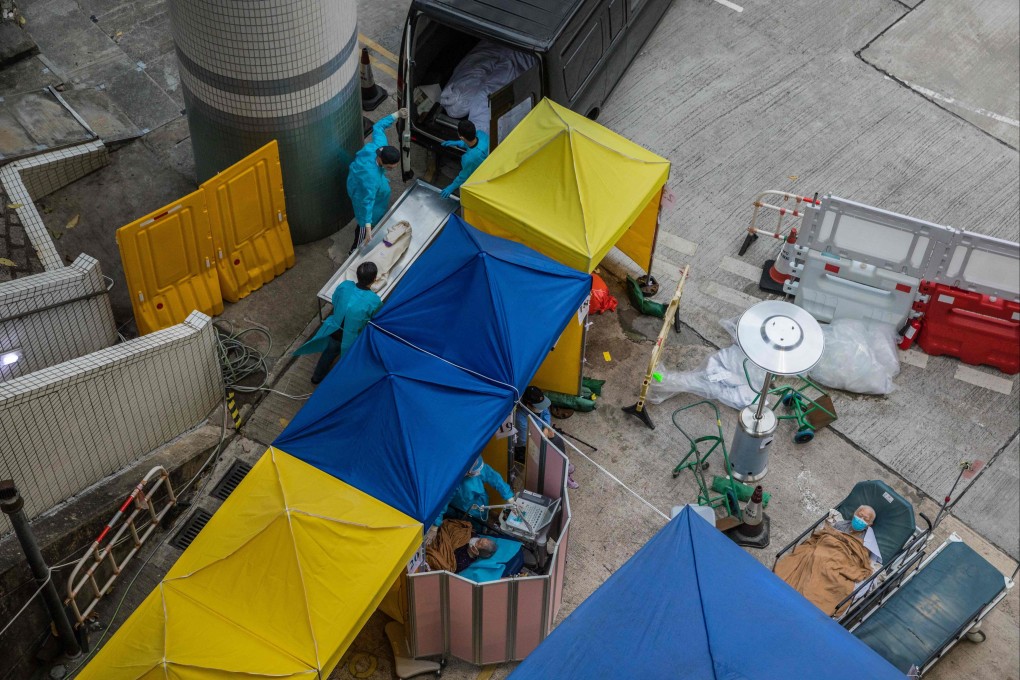Advertisement
Letters | Amid the Covid-19 fifth wave, Hong Kong’s private hospitals must step up
- Readers discuss private hospitals’ response to the pandemic, and arrangements for the city’s university entrance exams
Reading Time:4 minutes
Why you can trust SCMP
0

Feel strongly about these letters, or any other aspects of the news? Share your views by emailing us your Letter to the Editor at letters@scmp.com or filling in this Google form. Submissions should not exceed 400 words, and must include your full name and address, plus a phone number for verification.
Meetings of the private hospitals association have been occurring almost daily since the start of the Covid-19 fifth wave. Those involved could have agreed for private hospitals to cease routine non-urgent admissions and focus all their resources on essential and emergency services.
This would not only reduce the risk of Covid-19 outbreaks within private hospitals but also free up medical staff who may be in a position to volunteer in beleaguered public hospitals.
Instead many private hospitals are continuing to provide elective, non-essential medical services while directing their Covid-positive patients with urgent medical needs to public hospitals.
Many pregnant patients booked for delivery in private hospitals are being turned away in labour because they or their partners have tested positive for Covid-19.
I welcome the news that the private hospital run by Chinese University will start taking Covid-positive patients next week. Other private hospitals are taking Covid-negative patients from the public system who require essential medical services.
Advertisement